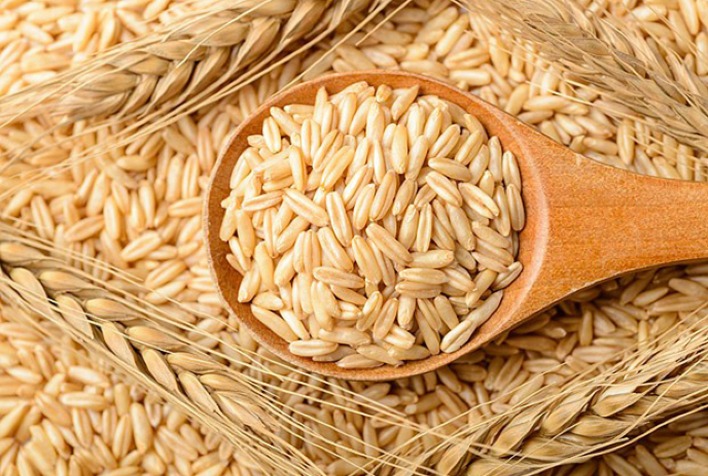Morocco poised to become top wheat importer due to drastic production decline

This decrease is expected to propel Morocco to become one of the world’s top six wheat importers by year’s end.
According to the FAO report, Morocco’s wheat imports are anticipated to rise by 19% in 2024, reaching 7.5 million tonnes. This surge stems primarily from a drastic drop in domestic production, estimated at approximately 40% lower compared to the previous year. Consequently, the national wheat harvest is projected to fall below average, settling at around 2.5 million tonnes.
This substantial increase in import demand positions Morocco to become the world’s sixth-largest wheat importer. Morocco’s import growth is expected to be a key driver of the rising wheat import demand across Africa, which is forecasted to reach a record 55.6 million tonnes in 2024.
The FAO report attributes the decline in wheat harvest across North Africa, including Morocco, to significant rainfall deficits and high temperatures that damaged crops. While wheat production in Algeria is expected to remain stable, Tunisia might see a slight increase. Conversely, Egypt, despite maintaining production levels close to last year’s high, will likely retain its position as the world’s leading wheat importer.
Globally, wheat production is projected to exhibit slight stagnation in 2024, with a marginal decrease of 0.1% to a total of 787 million tonnes. This stagnation is primarily attributed to lower harvests in major wheat-producing regions like the European Union, Ukraine, Turkey, and the United Kingdom.
The projected rise in Morocco’s wheat imports poses potential economic challenges. The confluence of growing import demand and unfavorable weather conditions could lead to increased import costs. The Moroccan government may need to implement measures to ensure adequate domestic wheat supplies and stabilize market prices to safeguard food security and citizens’ purchasing power.
Read also
Wheat in Southern Brazil Impacted by Dry Weather and Frosts
Oilseed Industry. Leaders and Strategies in the Times of a Great Change
Black Sea & Danube Region: Oilseed and Vegoil Markets Within Ongoing Transfor...
Serbia. The drought will cause extremely high losses for farmers this year
2023/24 Safrinha Corn in Brazil 91% Harvested
Write to us
Our manager will contact you soon



